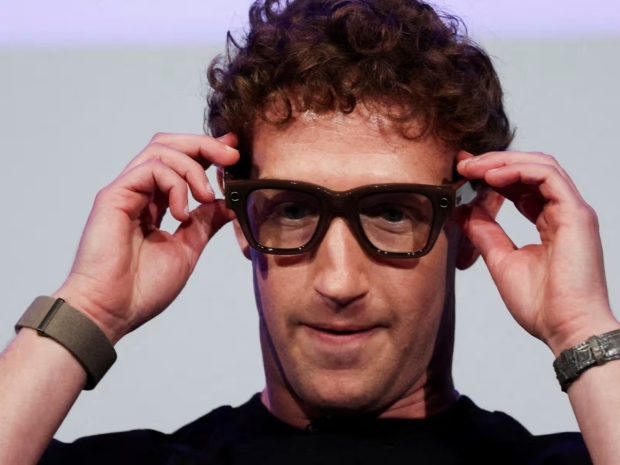Judge James Boasberg said the FTC had not proved that Meta’s decade-old buys of Instagram and WhatsApp kept it lording it over personal social networking.
He wrote in his 89-page ruling that “Whether or not Meta enjoyed monopoly power in the past…the agency must show that it continues to hold such power now” and that the commission had failed to do so."
The agency insisted Meta still acted like a monopolist because Facebook and Instagram connect family and mates rather than serving up the short video tat that TikTok peddles. Yet, FTC lawyers had a rough time showing any real divide in how punters use Meta’s apps compared with the rest.
Boasberg, an Obama appointee, said TikTok “holds centre stage as Meta’s fiercest rival.”
A Meta spokesman claimed the ruling “recognises that Meta faces fierce competition.” An FTC spokesman said the decision left the agency deeply disappointed and that it was “reviewing all of our options.” Meta shares slipped less than a per cent after the ruling.
The case has limped along since 2020, when Trump's FTC had a crack at it. Boasberg dismissed that early effort because the FTC had not presented sufficient evidence. The commission stuffed its complaint with more detail under Biden’s watch and took the matter to trial in April.
The ruling shows how slowly antitrust efforts move in the tech industry. Startups often nip past the big beasts fast enough to look like competition. This leaves these grand monopoly cases looking old hat.
The Justice Department felt the same sting earlier this year in its battle with Google. A judge said the outfit used restrictive contracts to protect search dominance but refused to hobble its business because artificial intelligence tools are already chipping away at that dominance.
The FTC wanted to unpick Instagram and WhatsApp from Meta, even though it had waved through the deals years ago. Internal worries in 2012 about Instagram never hardened into a case, and now the commission insists time has shown Meta likes to buy up anyone who threatens it instead of grafting harder.
Boasberg said time had instead shown Meta scrambling to keep up with TikTok, with Facebook and Instagram turning into video machines stuffed with recommendation algorithms.
“Facebook and Instagram have significantly transformed over the last several years,” he wrote.
Those changes made Meta’s apps more appealing, the judge said, adding that US users spend only 17 per cent of their time on Facebook viewing updates from their friends.
The FTC shifted its argument because Meta’s apps are free to use, so there is no price gouging to point at. It claimed the outfit squeezed more cash from user data by flinging targeted ads at them and that more ads meant a poorer experience.
Boasberg disagreed, saying Meta’s ads tend to be valuable and easy to ignore if users keep scrolling, he wrote.
Meta ploughed its advertising billions into artificial intelligence projects. Forcing a sale of Instagram might have stripped nearly half its annual revenue, according to some outside estimates.
The company now finds itself jostling with AI specialists such as OpenAI and Anthropic, who are vying for a piece of its turf.
The FTC wanted a chunky $30 billion to settle the case. Meta chief executive Mark Zuckerberg put $450 million on the table and apparently thought Donald Trump would back him, according to an April report. Trump’s FTC chairman, Andrew Ferguson, went to trial instead and felt dead confident of a win.
Two Republican commissioners voted against the original suit, and GOP lawmakers claimed Facebook’s clout enabled it to censor views on the coronavirus pandemic and the 2020 election. After Trump returned to power this year, the FTC asked users to report censorship on Meta’s apps. Ferguson said muzzling unpopular speech could suggest anticompetitive conduct, although the FTC did not raise censorship arguments at trial.

